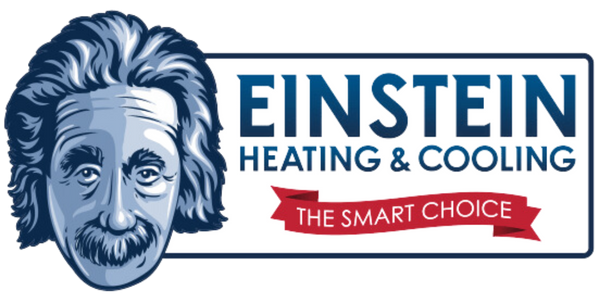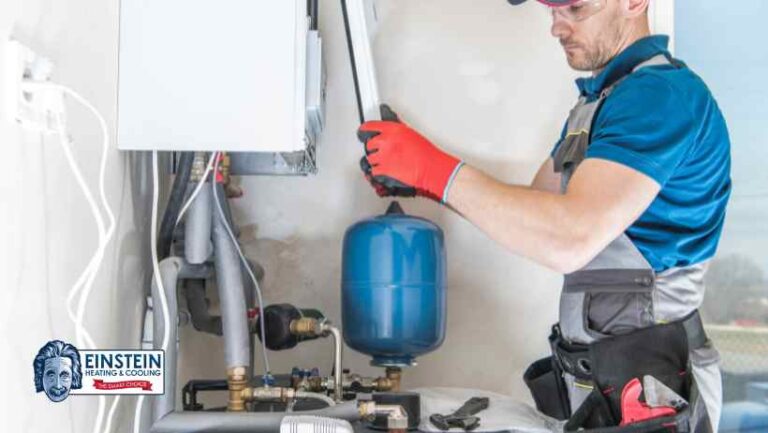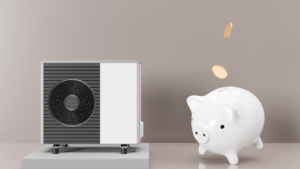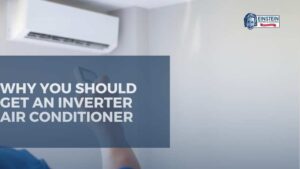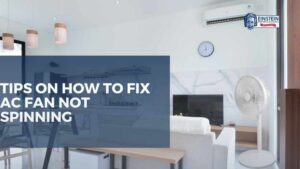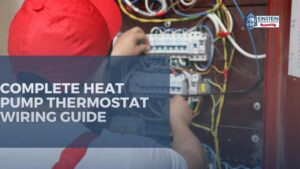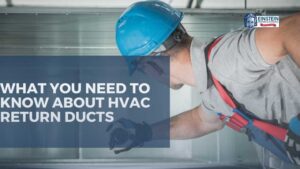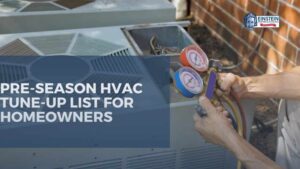Furnaces are essential appliances in many households, providing warmth and comfort during the cold winter months. However, like any other mechanical system, furnaces can develop issues over time, requiring repair and maintenance. This comprehensive guide will explore various types of furnaces and delve into the essential steps for local furnace repair in Bend, Oregon. Understanding the different types of furnaces is crucial as it helps homeowners identify the specific issues and choose the right repair approach.
Types of Furnaces
Gas Furnaces
Gas Furnace Overview
Gas furnaces are widely used for heating in many homes. They operate by burning natural gas to generate heat, which is then circulated throughout the house via a system of ducts.
Common Gas Furnace Issues
Gas furnaces can encounter various problems. Some common issues include:
- Pilot light problems
- Ignition issues
- Dirty or clogged burners
- Faulty thermocouples
- Gas valve problems
- Noisy operation
Local Furnace Repair for Gas Furnaces
When dealing with gas furnace problems, it’s crucial to prioritize safety. Here are steps for local furnace repair:
- Safety First: Always turn off the gas supply and electrical power before attempting any repairs.
- Pilot Light Issues: If the pilot light is out, follow the manufacturer’s instructions to relight it. If it won’t stay lit, it might be a thermocouple issue.
- Ignition Problems: Check for clogs in the ignition system and clean as needed. If the ignition control is faulty, it may need replacement.
- Burner Maintenance: Regularly clean and inspect the burners for dirt and debris. Replace or clean them as necessary.
- Thermocouple Replacement: If the thermocouple is defective, replace it with a new one according to the furnace’s manual.
- Gas Valve Troubles: If the gas valve is malfunctioning, it’s best to consult a professional for repairs.
- Noise Reduction: Noisy operation can result from loose or damaged components. Tighten loose parts or replace damaged ones.
Electric Furnaces
Electric Furnace Overview
Electric furnaces use electrical resistance heating elements to generate heat. They are known for their energy efficiency and clean operation. If the furnace issues are too complex, consider our tips on finding a reliable HVAC contractor.
Common Electric Furnace Issues
Common issues with electric furnaces include:
- Blown fuses or tripped breakers
- Malfunctioning heating elements
- Thermostat problems
- Poor airflow
- Fan issues
- Overheating
Local Furnace Repair for Electric Furnaces
When addressing issues with electric furnaces, follow these steps:
- Electrical Safety: Always disconnect the power supply before attempting any repairs.
- Fuses and Breakers: If the furnace is not turning on, check for blown fuses or tripped circuit breakers. Replace or reset as needed.
- Heating Element Problems: Test the heating elements for continuity using a multimeter. Replace faulty elements.
- Thermostat Troubleshooting: Ensure the thermostat is set correctly and functioning. Replace it if necessary.
- Airflow Issues: Check the air filters, blower, and ducts for obstructions. Clean or replace air filters, and clear any blockages in the ducts.
- Fan Maintenance: Lubricate the fan motor if it’s noisy or not running smoothly.
- Overheating Prevention: Ensure proper ventilation and avoid overloading the furnace.
Oil Furnaces
Oil Furnace Overview
Oil furnaces are less common but still used in some homes. They burn heating oil to produce heat, which is then distributed throughout the house.
Common Oil Furnace Issues
Common problems with oil furnaces include:
- Ignition problems
- Fuel delivery issues
- Dirty or clogged nozzles and filters
- Smoke or soot buildup
- Uneven heating
- Oil leaks
Local Furnace Repair for Oil Furnaces
When dealing with oil furnace issues, follow these steps:
- Safety Precautions: Turn off the power and oil supply to the furnace.
- Ignition Troubles: Check and clean the ignition system. Ensure the transformer and electrodes are in good condition.
- Fuel Delivery Issues: Ensure that the fuel tank is not empty or experiencing delivery problems. Replace fuel filters if clogged.
- Nozzle and Filter Maintenance: Clean or replace the nozzle and fuel filter regularly to prevent clogs.
- Smoke and Soot Removal: Adjust the air-to-fuel mixture for clean combustion. Clean the heat exchanger and chimney.
- Even Heating: Inspect and adjust the blower, ducts, and vents to ensure even heat distribution.
- Oil Leak Detection: Address any oil leaks immediately, and consult a professional if necessary.
Propane Furnaces
Propane Furnace Overview
Propane furnaces use propane gas as a fuel source. They are commonly used in areas where natural gas is not readily available.
Common Propane Furnace Issues
Common issues with propane furnaces include:
- Pilot light problems
- Gas valve issues
- Ignition troubles
- Thermostat problems
- Poor airflow
- Noisy operation
Local Furnace Repair for Propane Furnaces
When addressing propane furnace issues, follow these steps:
- Safety First: Turn off the gas supply and electricity.
- Pilot Light Problems: Relight the pilot light according to the manufacturer’s instructions. If it continues to go out, check the thermocouple.
- Gas Valve Issues: Consult a professional for gas valve repairs or replacement.
- Ignition Troubles: Clean or replace the ignition system components as needed.
- Thermostat Troubleshooting: Verify the thermostat’s settings and replace it if malfunctioning.
- Airflow Problems: Clean or replace air filters, and check for obstructions in the ductwork.
- Noise Reduction: Tighten loose parts and lubricate the blower motor as necessary.
Hybrid Furnaces
Hybrid Furnace Overview
Hybrid furnaces combine the features of a heat pump and a gas or electric furnace to maximize energy efficiency and performance.
Common Hybrid Furnace Issues
Common problems with hybrid furnaces may include:
- Heat pump or compressor issues
- Electrical or gas furnace problems
- Thermostat issues
- Airflow and duct problems
- Heat source switching troubles
Local Furnace Repair for Hybrid Furnaces
When addressing issues with hybrid furnaces, follow these steps:
- Safety Precautions: Disconnect the power supply.
- Heat Pump and Compressor Troubleshooting: Check the heat pump and compressor for problems. Consult a professional if necessary.
- Furnace Problems: Address any issues specific to the electric or gas furnace components as outlined earlier.
- Thermostat Verification: Ensure the thermostat is functioning correctly and set for optimal performance.
- Airflow and Ductwork: Inspect and clean ducts and vents, ensuring proper airflow.
- Heat Source Switching: Check the switching mechanism for smooth operation and repair if needed.
Geothermal Furnaces
Geothermal Furnace Overview
Geothermal furnaces use the stable temperature of the earth to provide heating and cooling. They are highly energy-efficient and environmentally friendly.
Common Geothermal Furnace Issues
Common problems with geothermal furnaces may include:
- Circulation pump problems
- Refrigerant issues
- Faulty ground loop
- Electrical or control problems
- Poor airflow
- Water leaks
Local Furnace Repair for Geothermal Furnaces
When dealing with geothermal furnace issues, follow these steps:
- Safety Measures: Turn off the power supply.
- Circulation Pump Maintenance: Ensure the circulation pump is functioning correctly and repair or replace it if necessary.
- Refrigerant Problems: Consult a professional for refrigerant-related issues.
- Ground Loop Inspection: Check the ground loop for any damage or leaks and address them accordingly.
- Electrical and Control Issues: Troubleshoot and repair any electrical or control system problems.
- Airflow and Ductwork: Ensure proper airflow in the ducts and vents, cleaning or repairing as needed.
- Water Leak Detection: Address water leaks promptly to prevent further damage.
Advanced Furnace Repair Techniques
In this section, we will explore advanced furnace repair techniques and strategies that can help you address complex issues while ensuring the safety and efficiency of your heating system.
1. Diagnosing and Repairing Heat Exchanger Problems
Overview
The heat exchanger is a critical component in gas and oil furnaces. It’s responsible for transferring heat from the combustion chamber to the air that circulates through your home. Over time, heat exchangers can develop cracks or corrosion, which can lead to several issues, including carbon monoxide leaks.
Repair Steps
- Visual Inspection: Start by visually inspecting the heat exchanger for signs of damage, such as cracks, rust, or holes. Use a flashlight to carefully examine the entire surface.
- Carbon Monoxide Detection: Test for carbon monoxide leaks using a carbon monoxide detector. If it detects CO emissions, shut down the furnace immediately and contact a professional for repair.
- Temporary Repair: For minor cracks, you can apply high-temperature furnace cement to seal them temporarily. However, this is not a permanent solution, and you should still consult a professional.
- Heat Exchanger Replacement: If the heat exchanger is significantly damaged or has multiple cracks, it’s best to replace it. This is a complex task best left to a licensed HVAC technician.
2. Addressing Ductwork Issues
Overview
The ductwork in your home is responsible for distributing heated air from the furnace to different rooms. Damaged or poorly designed ducts can lead to uneven heating, reduced energy efficiency, and increased utility bills.
Repair Steps
- Duct Inspection: Examine the ductwork for visible damage, disconnected sections, or signs of air leaks. Seal any gaps or cracks using duct tape or mastic sealant.
- Balancing Airflow: If certain rooms are consistently too hot or too cold, consider adjusting the dampers in the ducts to balance the airflow.
- Duct Cleaning: Over time, dust and debris can accumulate in the ducts, reducing airflow and indoor air quality. Schedule professional duct cleaning as needed.
- Upgrading Ductwork: If your ductwork is outdated or in poor condition, consider replacing it with modern, insulated ducts to improve efficiency and comfort.
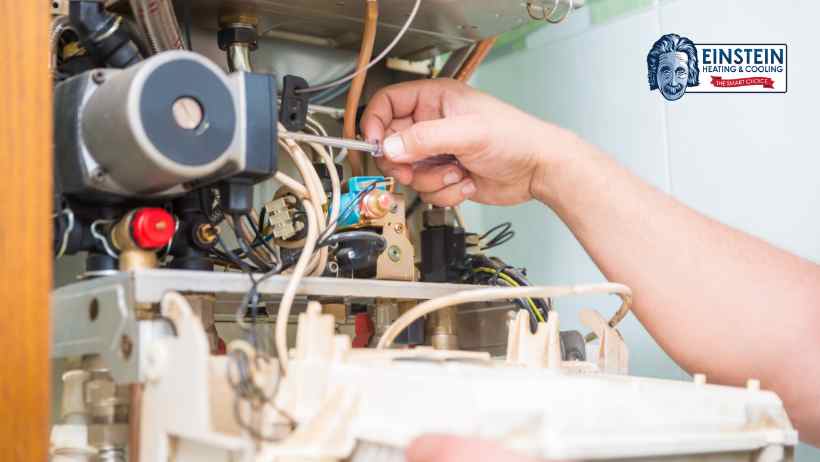
3. Troubleshooting Electrical and Control System Problems
Overview
Electric and hybrid furnaces rely on electrical and control systems to operate efficiently. When these systems malfunction, it can lead to erratic heating, frequent shutdowns, or even complete furnace failure.
Repair Steps
- Check Wiring: Inspect the electrical wiring and connections for loose or damaged wires. Tighten connections or replace faulty wiring as needed.
- Thermostat Calibration: Calibrate the thermostat to ensure accurate temperature control. If the thermostat is outdated, consider upgrading to a programmable or smart thermostat for better control and energy savings.
- Control Board Diagnosis: Test the control board for issues using a multimeter. If the control board is faulty, replace it according to the manufacturer’s instructions.
- Limit Control Reset: If the limit control switch is tripped, it may be due to overheating. Allow the furnace to cool down, then reset the switch and monitor for further issues.
- Flame Sensor Cleaning: For electric furnaces, clean the flame sensor to ensure proper ignition. If the sensor is heavily coated with residue, it may need replacement.
4. Maintaining Proper Ventilation and Combustion Air
Overview
Proper ventilation and combustion air supply are crucial for the safe operation of gas, oil, and propane furnaces. Inadequate ventilation can lead to a variety of problems, including reduced efficiency and safety hazards.
Repair Steps
- Check Ventilation: Ensure that the venting system, such as the flue or exhaust pipe, is clear of obstructions and free from damage. Clear any blockages that may impede proper airflow.
- Combustion Air Intake: Verify that the combustion air intake is unobstructed and functioning correctly. Insufficient combustion air can result in incomplete combustion and the production of carbon monoxide.
- Carbon Monoxide Detector: Install a carbon monoxide detector near the furnace to provide early warning of CO leaks.
- Professional Inspection: It’s advisable to have a professional inspect your ventilation system, especially if you suspect any issues related to proper venting and combustion air.
5. Regular Maintenance for Long-Term Furnace Health
Overview
Preventive maintenance is key to prolonging the life of your furnace and minimizing the risk of unexpected breakdowns. Regular maintenance can be performed by homeowners, but it’s also advisable to schedule expert tune-ups. Einstein Heating and Cooling is the best choice for local furnace repair services in Bend, with professional, licensed, and qualified HVAC technicians at your service.
Maintenance Steps
- Filter Replacement: Change air filters every 1-3 months, or as recommended by the manufacturer.
- Cleaning and Lubrication: Keep the furnace and blower clean, and lubricate moving parts as needed.
- Ventilation Inspection: Regularly inspect and clean vents and exhaust systems to ensure proper airflow.
- Professional Tune-Ups: Hire a licensed HVAC technician to perform annual or bi-annual furnace inspections and maintenance.
- Safety Checks: During maintenance, the technician should perform safety checks, including carbon monoxide detection and gas leak checks.
Conclusion
Understanding the different types of furnaces and their common issues is essential for local furnace repair in Bend, Oregon. Whether you have a gas, electric, oil, propane, hybrid, or geothermal furnace, knowing how to identify and address common problems can help you maintain a warm and comfortable home during the cold months. Remember to prioritize safety, and when in doubt, consult Einstein Heating and Cooling for expert furnace installation, repair, and maintenance services.
